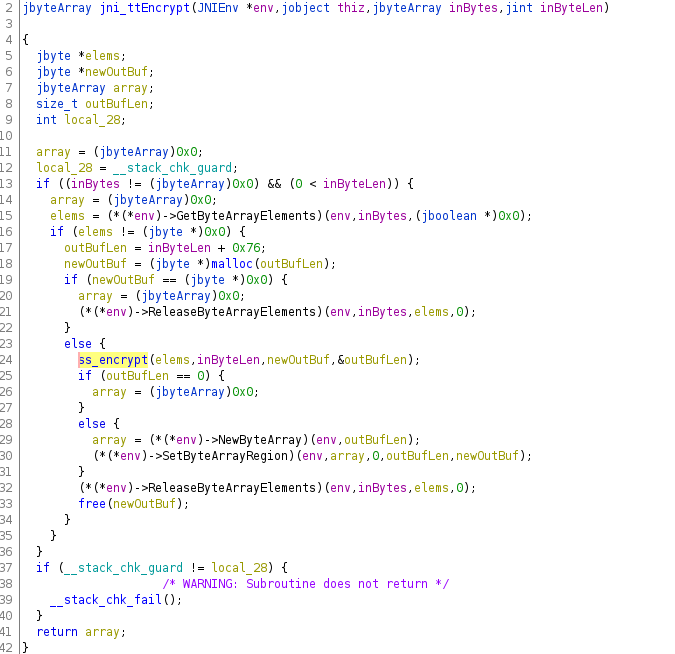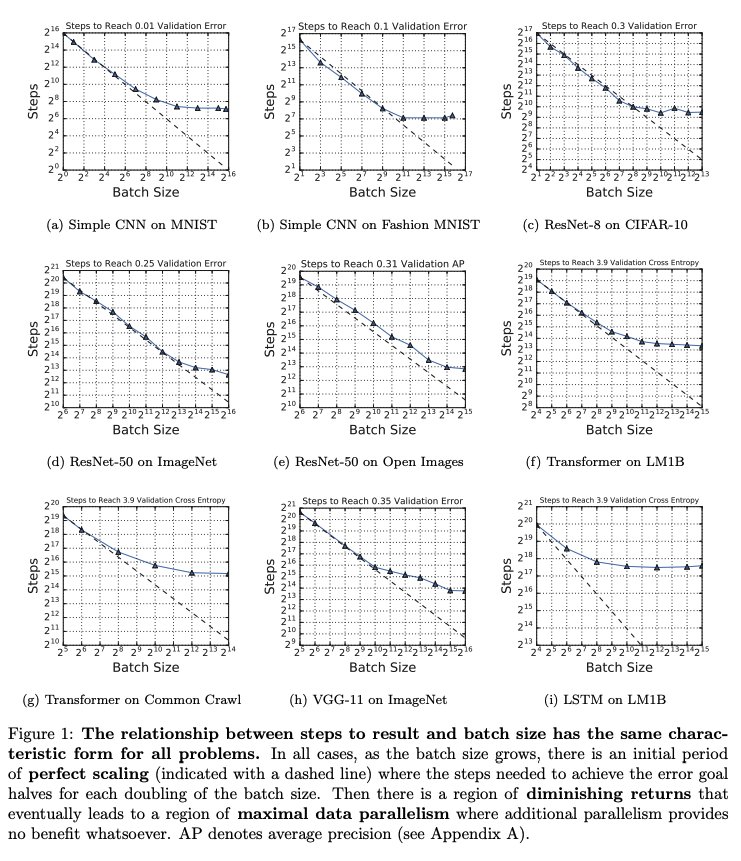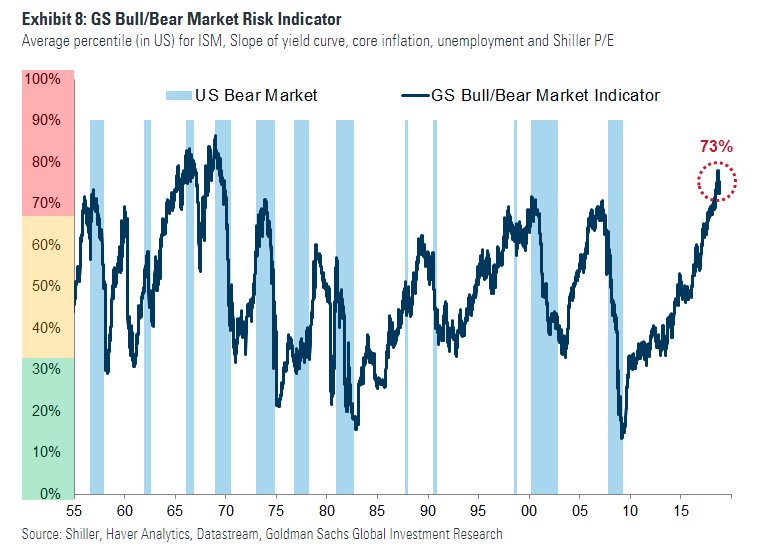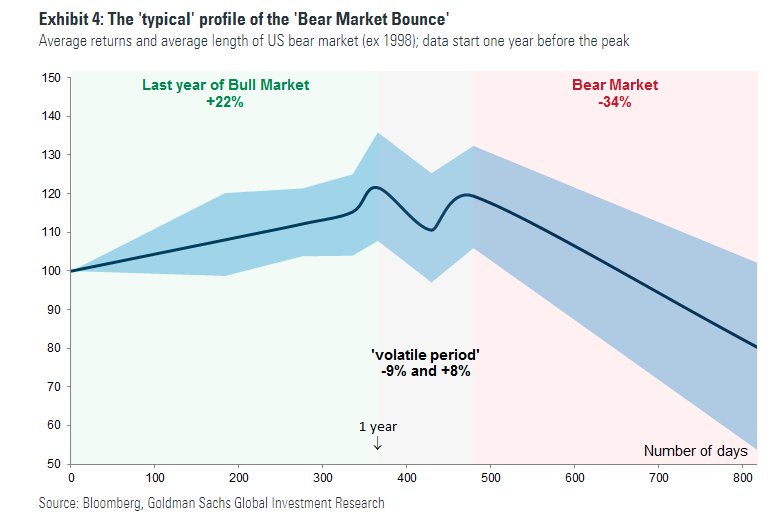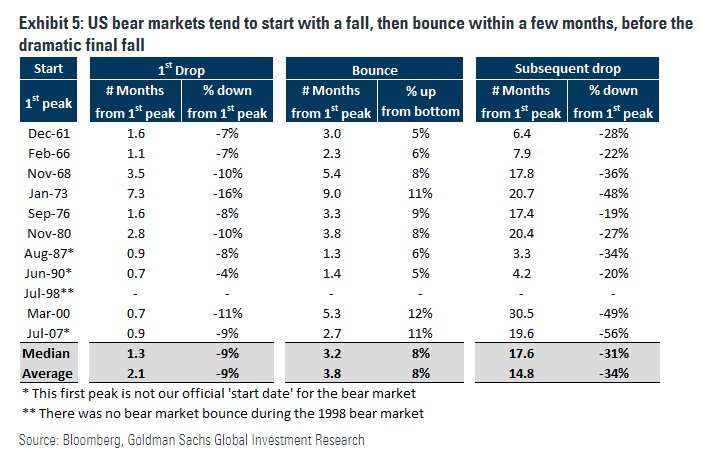I use these resources and they will (hopefully) help you in understanding the theoretical aspects of machine learning very well.
Do you want to learn the maths for machine learning but don't know where to start?
This thread is for you.
🧵👇
I use these resources and they will (hopefully) help you in understanding the theoretical aspects of machine learning very well.
Read this thread for more details👇
https://t.co/sSN3jdxDwK
Are you planning to learn Python for machine learning this year?
— Pratham Prasoon (@PrasoonPratham) February 13, 2021
Here's everything you need to get started.
\U0001f9f5\U0001f447
- Trigonometry & Algebra
These are the main pre-requisites for other topics on this list.
(There are other pre-requites but these are the most common)
To manipulate and represent data.
- Calculus
To train and optimize your machine learning model, this is very important.
> A series of videos that go over how neural networks work with approach visual, must watch.
🔗youtu.be/aircAruvnKk
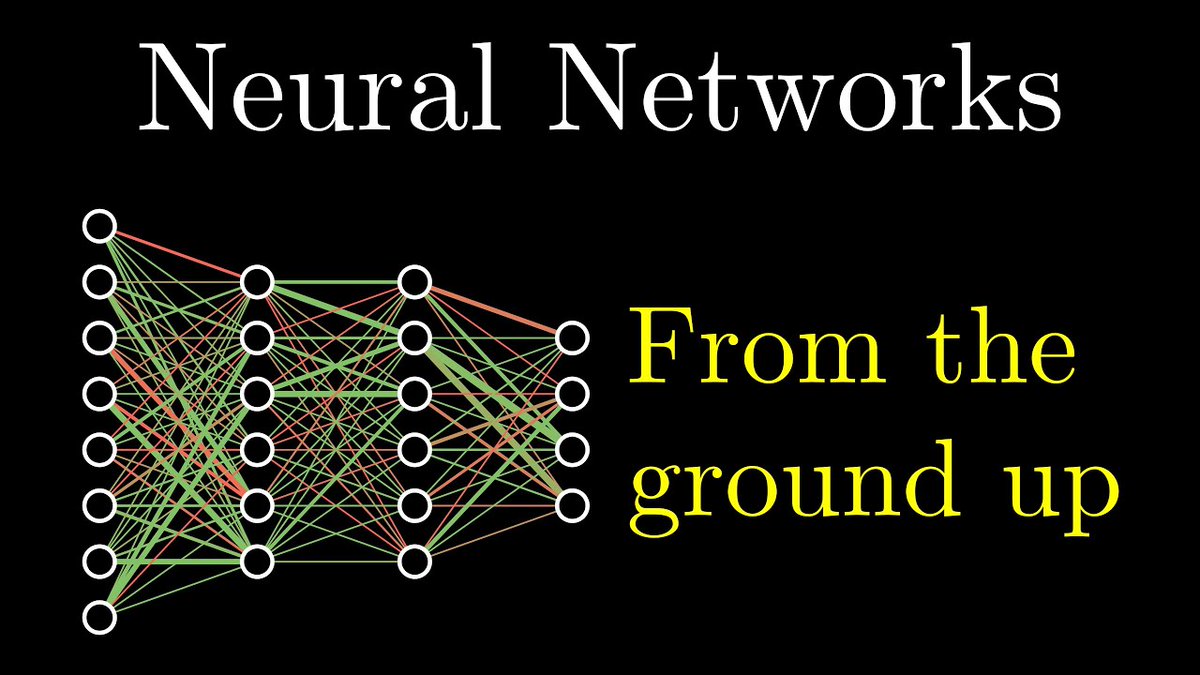
> This website helps you learn statistics and probability in an intuitive way.
🔗seeing-theory.brown.edu/basic-probability/index.html
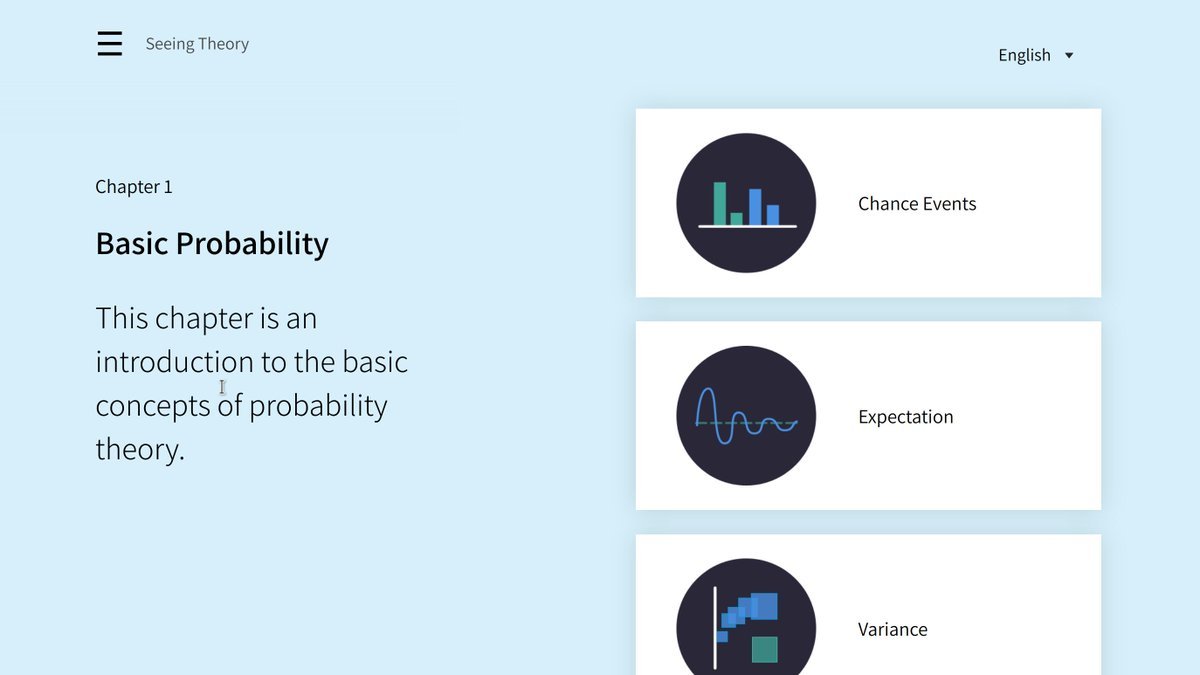
> This is 15 years old but still 100% relevant today!
Despite the fact these lectures are made for freshman college students at MIT, I found it very easy to follow👌
🔗youtube.com/playlist?list=PL49CF3715CB9EF31D

https://t.co/3H7U2HJgTd
This is a beginner-friendly introduction to:
— Pratham Prasoon (@PrasoonPratham) January 24, 2021
Linear Algebra for Machine Learning.
\U0001f9f5\U0001f447
> A beautiful playlist of videos which teach you linear algebra through visualisations in an easy to digest manner.
🔗youtube.com/watch?v=fNk_zzaMoSs&list=PLZHQObOWTQDPD3MizzM2xVFitgF8hE_ab
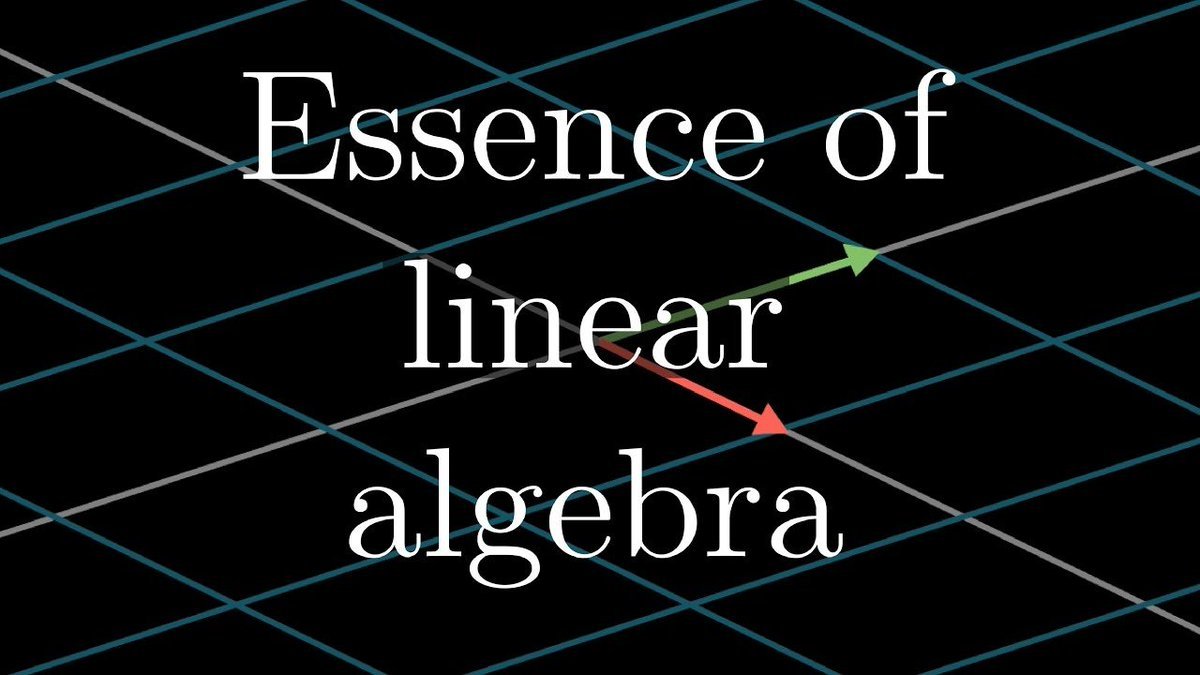
>You'll find a course on everything here! Khan Academy is the first place I'll go to when I want to learn something.
🔗khanacademy.org/math

> A beautiful series on calculus, makes everything seem super simple.
🔗youtube.com/watch?v=WUvTyaaNkzM&list=PL0-GT3co4r2wlh6UHTUeQsrf3mlS2lk6x
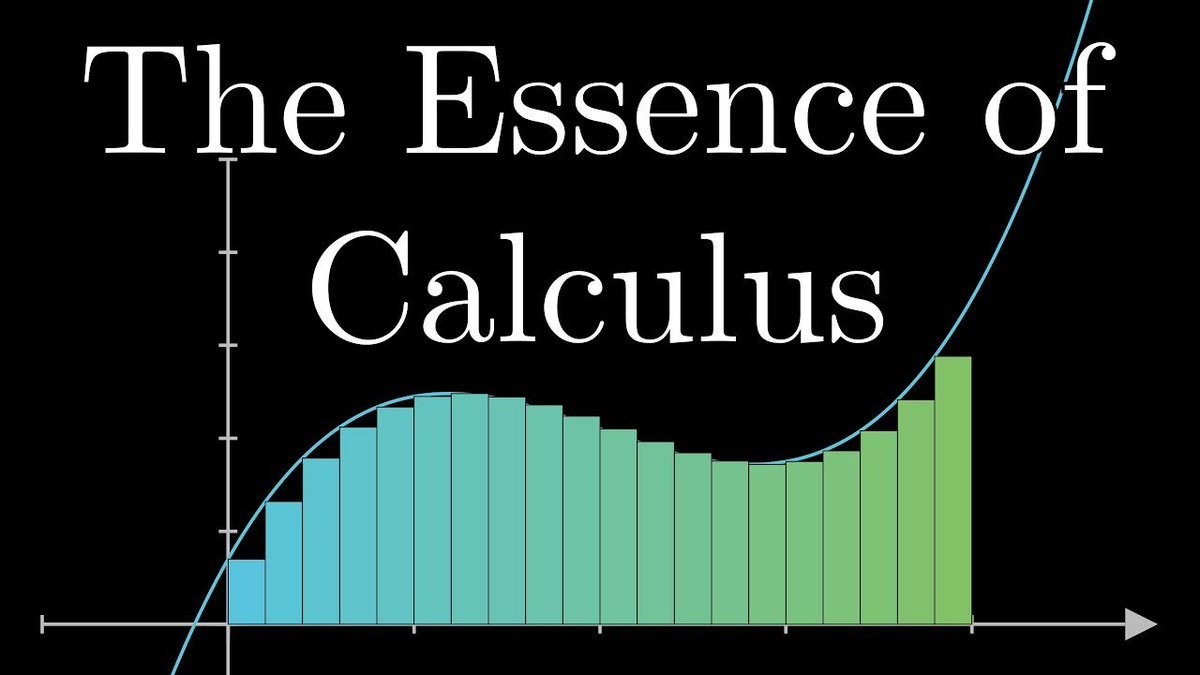
More from Pratham Prasoon
This is a step-by-step guide on getting started with Python as a total beginner.
(includes free resources and everything else you need to get started)
🧵👇
Before we begin, I want to congratulate you on your decision to learn how to code using Python.
I still remember how I wrote my first piece of code 6 years and all the amazing and cool things I've been able to do with it ever since.
(2 / 24)
Make sure to keep in mind that it is probably best for you to keep your expectations in check.
Don't expect to make AAA games or state of the art machine learning models in a week.
(3 / 24)
Programming is not something that you can learn in a single week, it takes consistent effort and dedication over time to get good at it.
With all that being said, let's dive straight in.
(4 / 24)
In order to write Python code, you'll need to install Python on your system.
Linux and macOS users can skip this step because they come pre-installed with Python.
Download link: https://t.co/KSZ4Qd6CNk
(5 / 24)
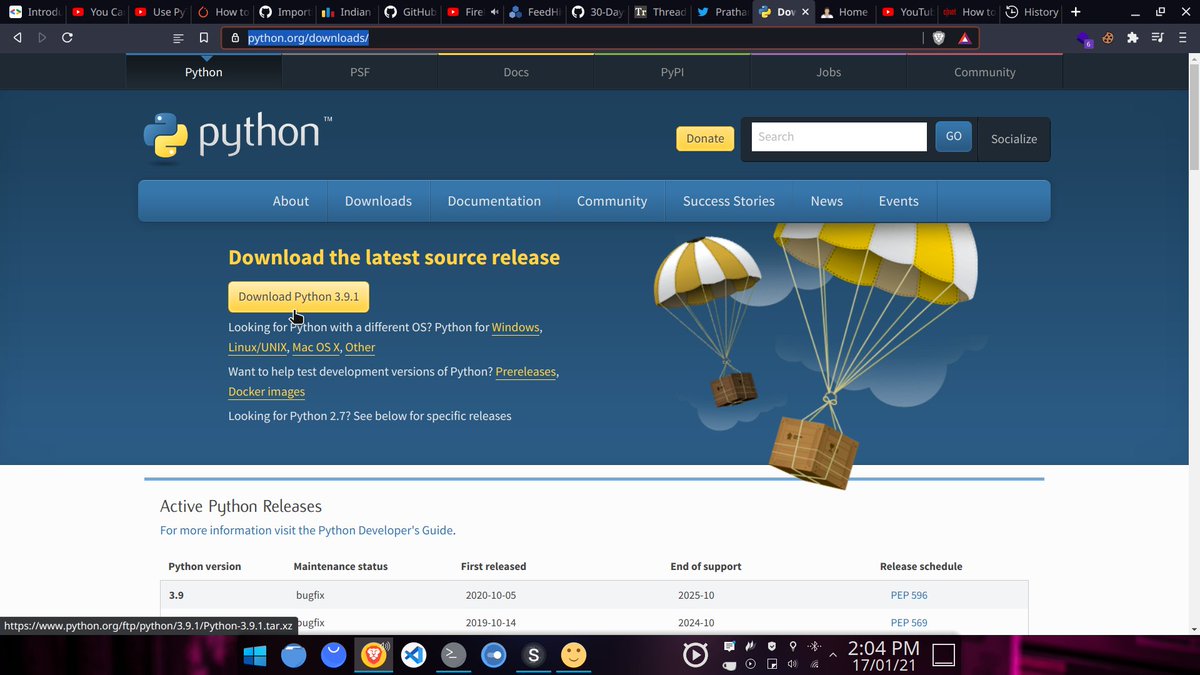
(includes free resources and everything else you need to get started)
🧵👇
Before we begin, I want to congratulate you on your decision to learn how to code using Python.
I still remember how I wrote my first piece of code 6 years and all the amazing and cool things I've been able to do with it ever since.
(2 / 24)
Make sure to keep in mind that it is probably best for you to keep your expectations in check.
Don't expect to make AAA games or state of the art machine learning models in a week.
(3 / 24)
Programming is not something that you can learn in a single week, it takes consistent effort and dedication over time to get good at it.
With all that being said, let's dive straight in.
(4 / 24)
In order to write Python code, you'll need to install Python on your system.
Linux and macOS users can skip this step because they come pre-installed with Python.
Download link: https://t.co/KSZ4Qd6CNk
(5 / 24)

More from Machine learning
With hard work and determination, anyone can learn to code.
Here’s a list of my favorites resources if you’re learning to code in 2021.
👇
1. freeCodeCamp.
I’d suggest picking one of the projects in the curriculum to tackle and then completing the lessons on syntax when you get stuck. This way you know *why* you’re learning what you’re learning, and you're building things
2. https://t.co/7XC50GlIaa is a hidden gem. Things I love about it:
1) You can see the most upvoted solutions so you can read really good code
2) You can ask questions in the discussion section if you're stuck, and people often answer. Free
3. https://t.co/V9gcXqqLN6 and https://t.co/KbEYGL21iE
On stackoverflow you can find answers to almost every problem you encounter. On GitHub you can read so much great code. You can build so much just from using these two resources and a blank text editor.
4. https://t.co/xX2J00fSrT @eggheadio specifically for frontend dev.
Their tutorials are designed to maximize your time, so you never feel overwhelmed by a 14-hour course. Also, the amount of prep they put into making great courses is unlike any other online course I've seen.
Here’s a list of my favorites resources if you’re learning to code in 2021.
👇
1. freeCodeCamp.
I’d suggest picking one of the projects in the curriculum to tackle and then completing the lessons on syntax when you get stuck. This way you know *why* you’re learning what you’re learning, and you're building things
2. https://t.co/7XC50GlIaa is a hidden gem. Things I love about it:
1) You can see the most upvoted solutions so you can read really good code
2) You can ask questions in the discussion section if you're stuck, and people often answer. Free
3. https://t.co/V9gcXqqLN6 and https://t.co/KbEYGL21iE
On stackoverflow you can find answers to almost every problem you encounter. On GitHub you can read so much great code. You can build so much just from using these two resources and a blank text editor.
4. https://t.co/xX2J00fSrT @eggheadio specifically for frontend dev.
Their tutorials are designed to maximize your time, so you never feel overwhelmed by a 14-hour course. Also, the amount of prep they put into making great courses is unlike any other online course I've seen.
10 PYTHON 🐍 libraries for machine learning.
Retweets are appreciated.
[ Thread ]
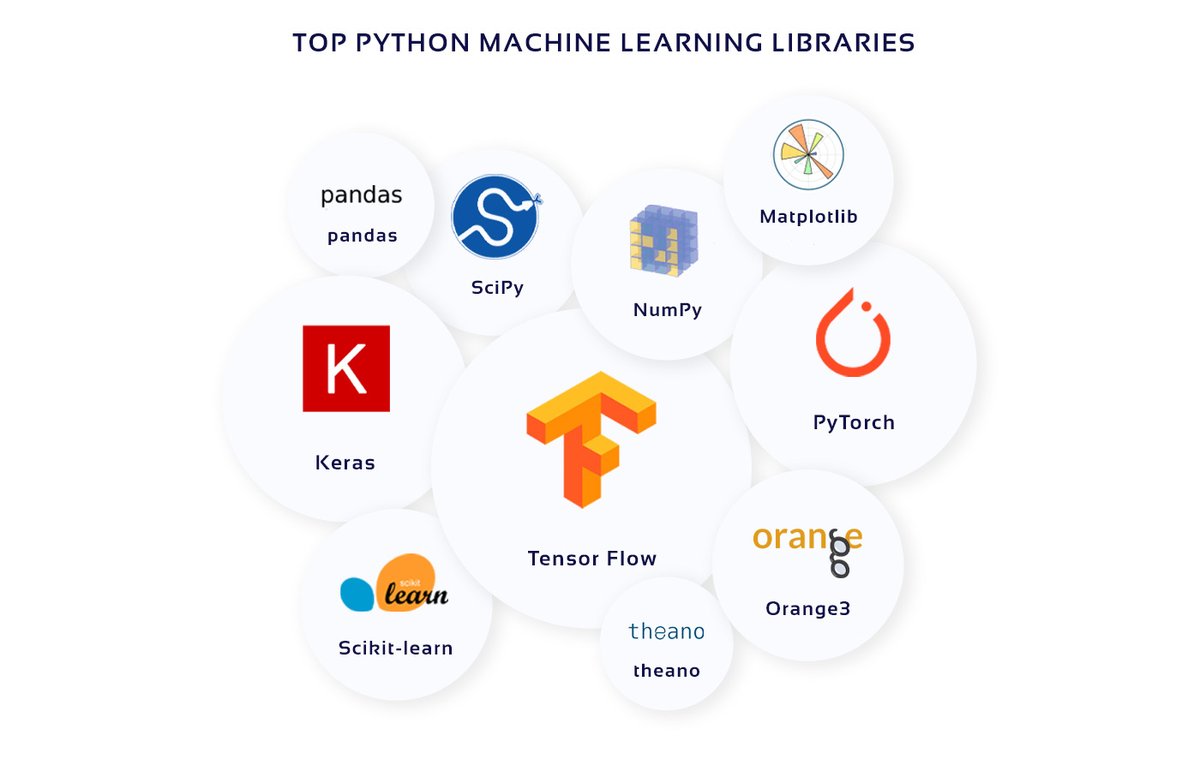
1. NumPy (Numerical Python)
- The most powerful feature of NumPy is the n-dimensional array.
- It contains basic linear algebra functions, Fourier transforms, and tools for integration with other low-level languages.
Ref: https://t.co/XY13ILXwSN
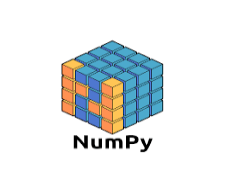
2. SciPy (Scientific Python)
- SciPy is built on NumPy.
- It is one of the most useful libraries for a variety of high-level science and engineering modules like discrete Fourier transform, Linear Algebra, Optimization, and Sparse matrices.
Ref: https://t.co/ALTFqM2VUo

3. Matplotlib
- Matplotlib is a comprehensive library for creating static, animated, and interactive visualizations in Python.
- You can also use Latex commands to add math to your plot.
- Matplotlib makes hard things possible.
Ref: https://t.co/zodOo2WzGx

4. Pandas
- Pandas is for structured data operations and manipulations.
- It is extensively used for data munging and preparation.
- Pandas were added relatively recently to Python and have been instrumental in boosting Python’s usage.
Ref: https://t.co/IFzikVHht4

Retweets are appreciated.
[ Thread ]

1. NumPy (Numerical Python)
- The most powerful feature of NumPy is the n-dimensional array.
- It contains basic linear algebra functions, Fourier transforms, and tools for integration with other low-level languages.
Ref: https://t.co/XY13ILXwSN

2. SciPy (Scientific Python)
- SciPy is built on NumPy.
- It is one of the most useful libraries for a variety of high-level science and engineering modules like discrete Fourier transform, Linear Algebra, Optimization, and Sparse matrices.
Ref: https://t.co/ALTFqM2VUo

3. Matplotlib
- Matplotlib is a comprehensive library for creating static, animated, and interactive visualizations in Python.
- You can also use Latex commands to add math to your plot.
- Matplotlib makes hard things possible.
Ref: https://t.co/zodOo2WzGx

4. Pandas
- Pandas is for structured data operations and manipulations.
- It is extensively used for data munging and preparation.
- Pandas were added relatively recently to Python and have been instrumental in boosting Python’s usage.
Ref: https://t.co/IFzikVHht4












